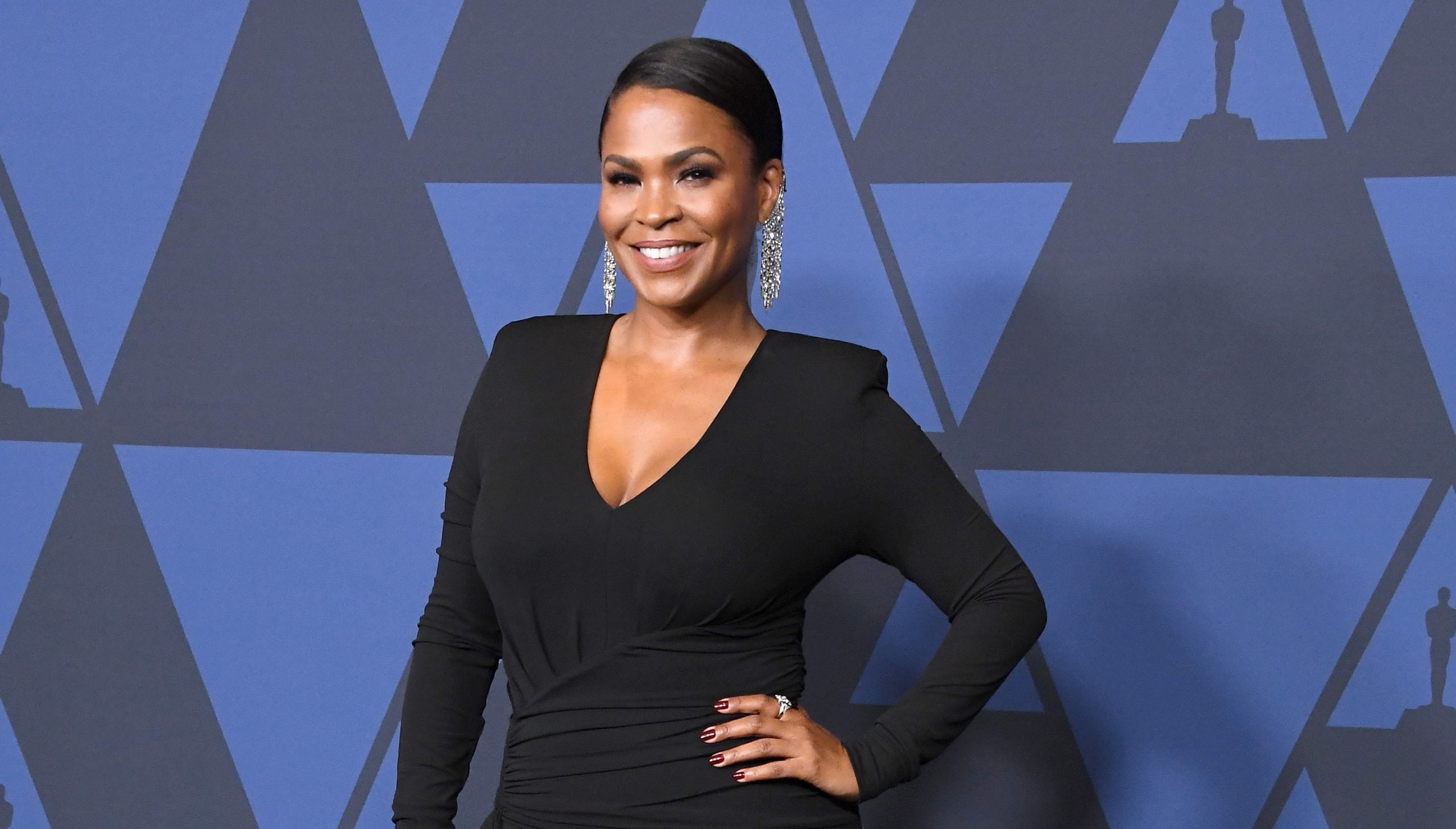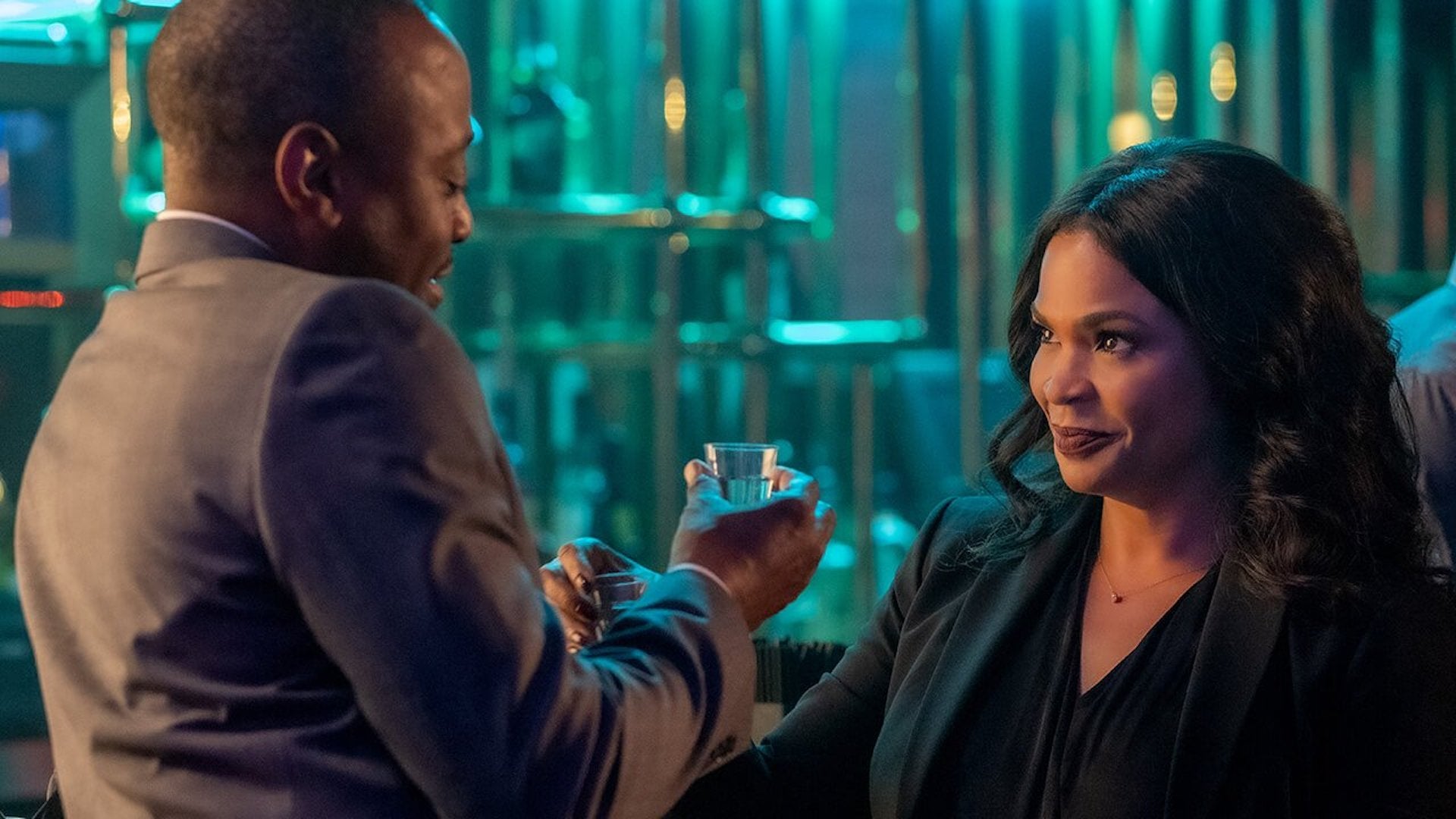
Nia Long was not satisfied with the set of Netflix’s Fatal Affair, revealing that even the new film she executive produced lacked diversity.
“In all honesty, I was disappointed that there were maybe three people on the crew that were Black, but that really is the production company’s responsibility, not the network,” the film’s star and executive producer told Insider.
“The reality is this film came from a production company and they brought the film to Netflix and they are exactly what you said. So when Netflix decided to do the film, it was their idea to make this a Black lead film and I was on board with that idea,” Long added, noting that the film was in pre-production before she became attached.

“By the time I arrived, they were a happy family that had done several films together. My next production will be different,” she emphasized. “Because I think if I’m going to be effective in that area I have to shine a light on those things as well. Because it really does affect the way things are understood and communicated.”
Still, there were Black voices involved in Fatal Affair, which trended on the streamer over the weekend, including screenwriter Rasheeda Garner. “She was brought on when I was hired to play the lead and her job was to adjust the script for an African-American woman to play the lead,” said Long.
“Rasheeda and I have since become friends and I think she’s a wonderful writer. The flipside of that is I hope and pray that she gets the opportunity to be in the forefront and not brought on because the lead of the film is Black. She should be able to write and tell stories as an African-American woman in this industry,” she continued.
“I understand and respect our director, who is a white man,” Long said, referring to Peter Sullivan. “He wanted to be respectful of my voice and I appreciate that. And that’s why he hired Rasheeda.”







“So although it gave her an opportunity, I want more. I want more for her, I want more for myself, I want more for Black female writers and directors in this business to not be used to fix something but to be used to tell our stories in a really authentic way.”





